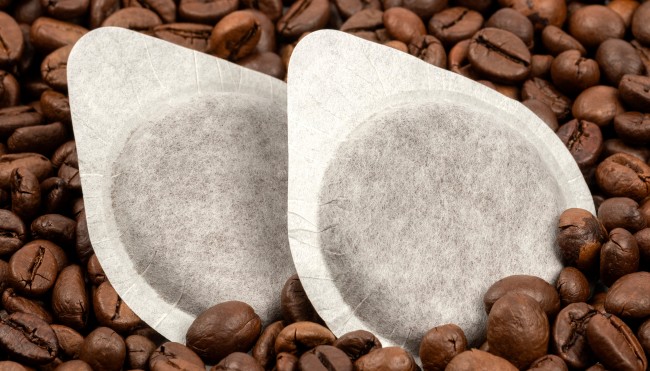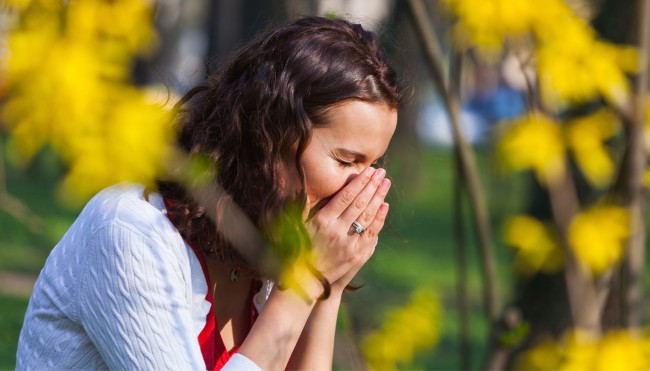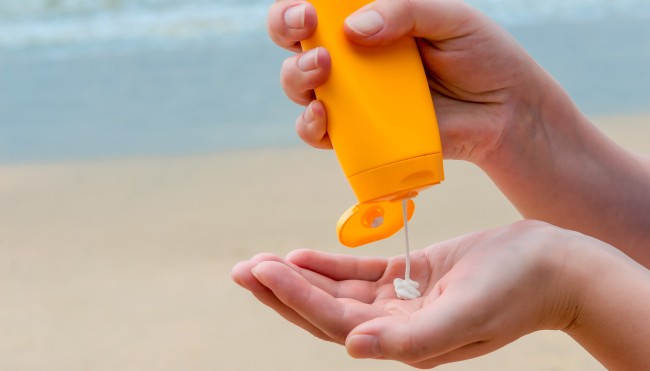The Big Buzz: How Bees Help Develop Antibiotics
When you are little, you run away from them when you hear them buzzing in your ear. When you get older, you learn to either avoid them or get annoyed by them. When you are a melittologist (a bee scientist), you learn to learn from them and thank them for making our world more beautiful place, helping to produce the food we eat, and for keeping us healthy.
It’s true! Next time you get an impulse to squish a bee buzzing around your pancake breakfast, PLEASE DON’T!
Bees are amazing creatures, and they help us live better, healthier lives in more ways than you can begin to imagine.
Bees are very hard-working insects and are often overlooked altogether. There are over 25,000 species of bees, all of whom are pollinators. Pollination is the transfer of pollen from the male part of the flower (the anther) to the female part of the flower (the stigma). When the two are united, fruit is formed. Yes! The fruit we eat. Honeybees and other pollinators helped to produce about 1/3 of crops (worth about $19 billion) in 2010 alone!
Melittologists have known about the role of bees in pollinating the flowers and food in nature for hundreds of years. Only recently have bees gained attention for their ability to help humans develop new antibiotics.
Honeybees May Help Us Fight Infections
The antibiotic properties of honey have gained significant attention in the scientific and popular worlds, though it has been put to use in traditional medicine for a range of ailments for generations.
A recent study completed at the University of Illinois at Chicago and published in the Nature Structural & Molecular Biology Journal, have identified an antimicrobial compound made by honeybees that could become the new basis for some antibiotics.
Why is this such a big deal? Well, no new antibiotics have been discovered for over 30 years, but bacteria are developing, and resisting those antibiotics, at an alarming rate. That means that “superbacteria” develop, and can potentially be deadly. In fact, more than 20,000 people die every year of antibiotic-resistant bacteria.
How? Honey has a compound known as Api137, and it is also produced by wasps and hornets. This compound can block the production of proteins in bacteria that could cause infections and works in a different way than most protein.
This compound is one that gives honey the power to fight infection when ingested or applied directly to the skin.
With this new discovery (for humans, anyway), we may finally have a new antibiotic treatment to keep us healthy.
Thank you, once again, bees!





